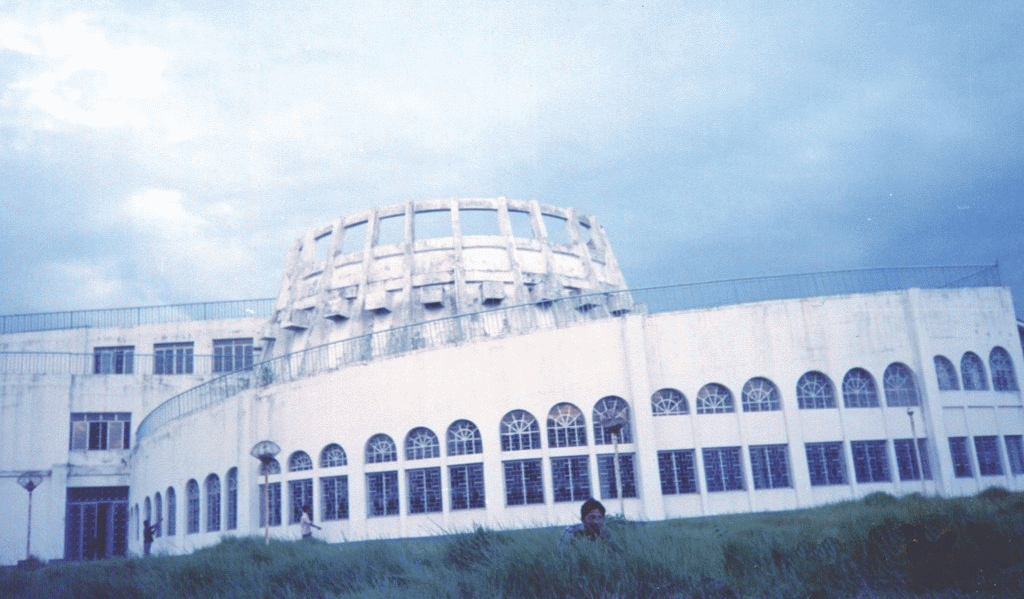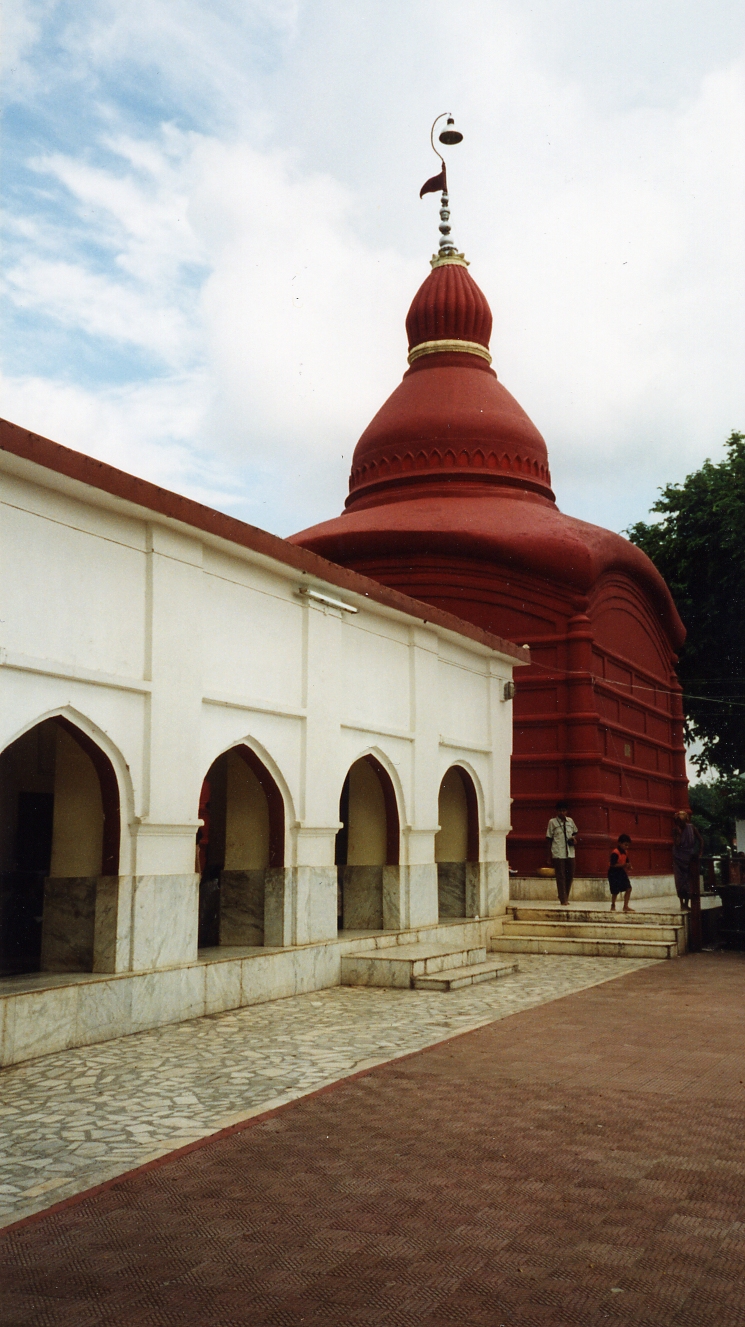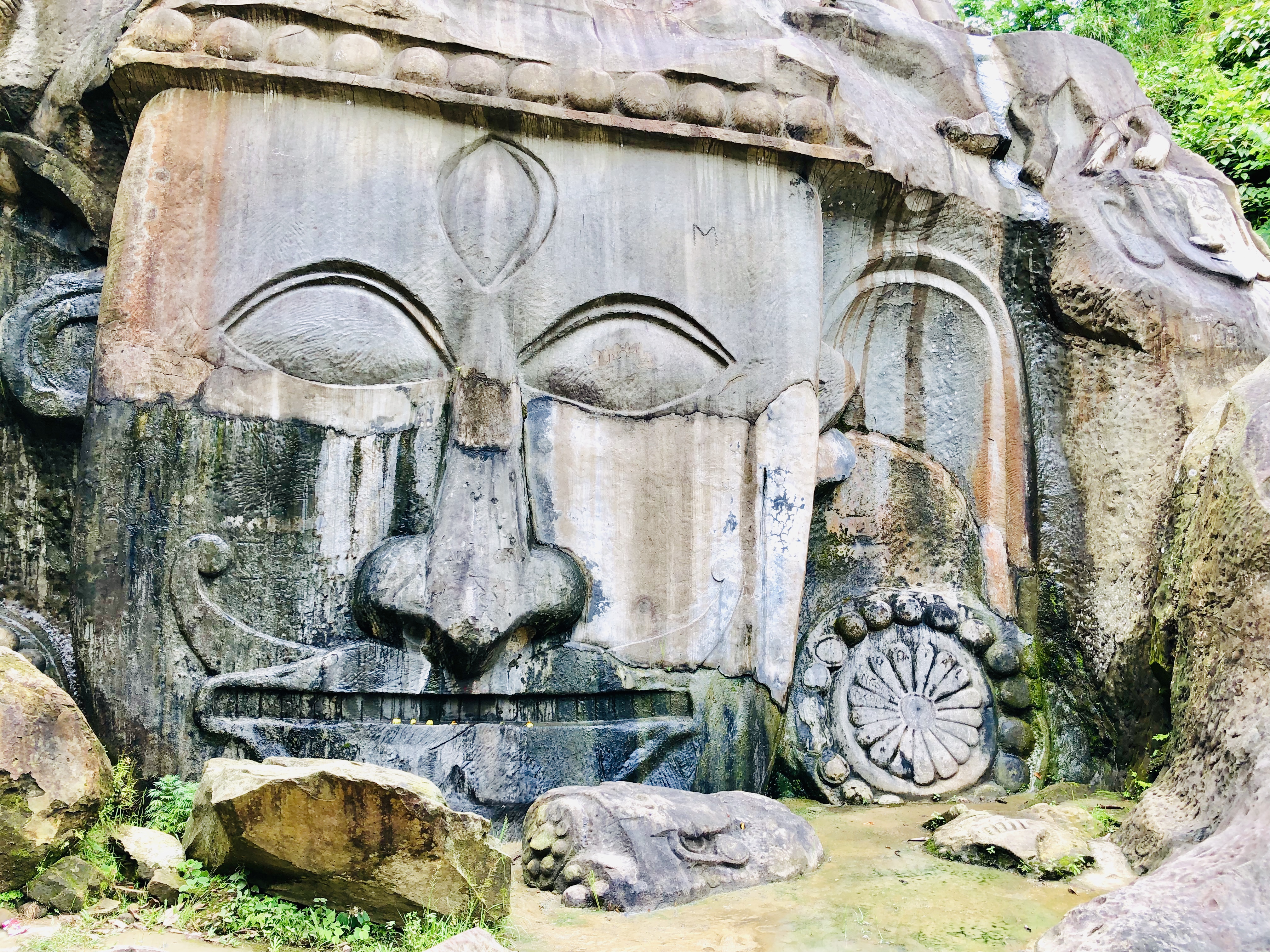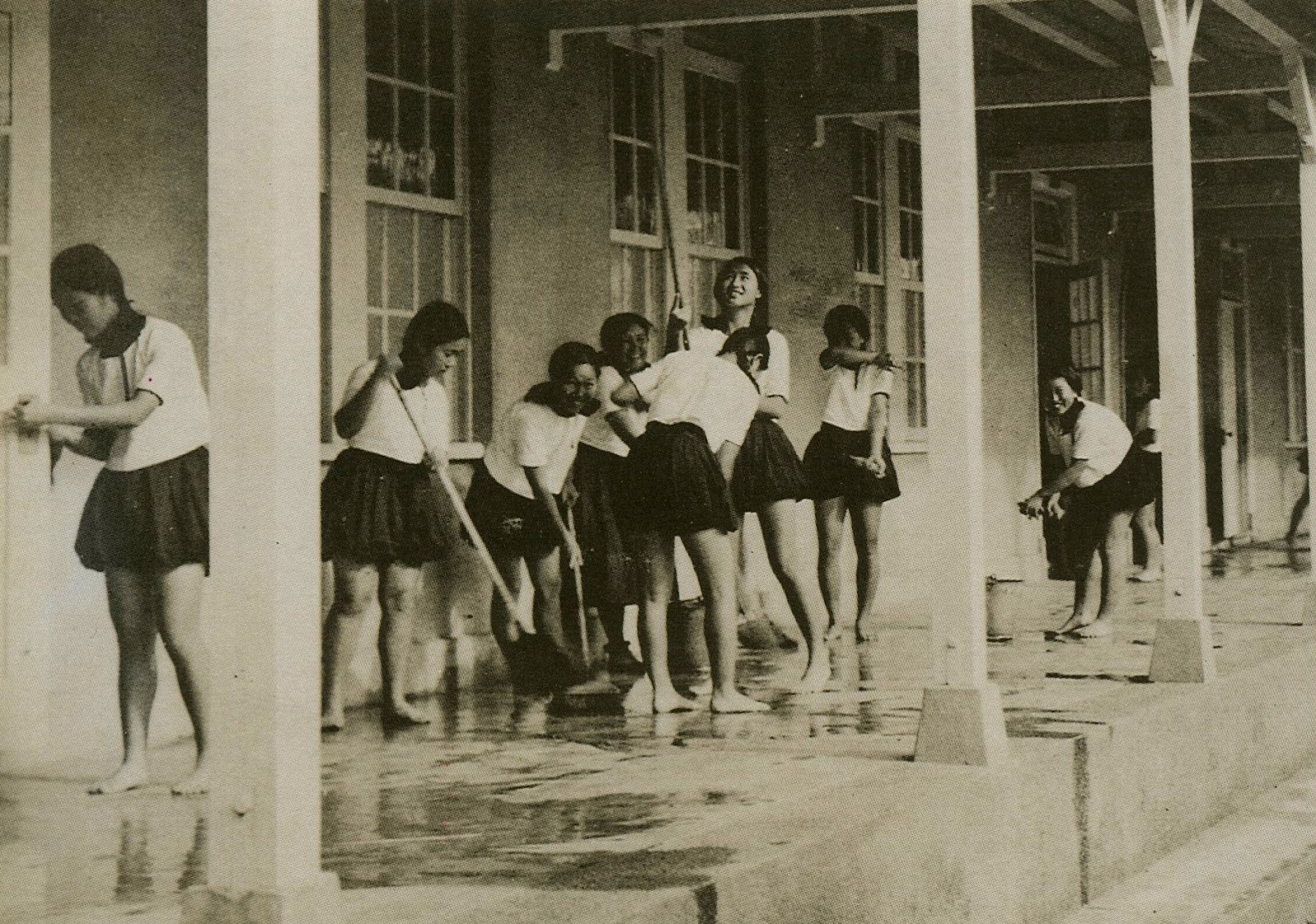|
Twipra Students' Federation
Twipra Students' Federation (TSF) was founded on 25 October 1968 as a platform for nationalist students' federation of Tripura, specially among the indigenous people of Tripura. It is totally independent indigenous student organisation . One of its primary objectives was to protect and fight for the rights for the indigenous people of the state. Since its inception, TSF has made significant contributions towards bringing justice to indigenous Students, Youth and people of Tripura. But perhaps, one of the most important aspects of the Federation has been ‘to speak truth to power’. Over the years the Federation has raised its voice against dam construction and alienation of indigenous peoples land and lifting up of APFSA(Armed Forces Special Powers Acts) from the state. In state like Tripura where the indigenous people have been reduced to politically insignificant minority and push to the margin. Majority has become the minority in its own land. The indigenous people of ... [...More Info...] [...Related Items...] OR: [Wikipedia] [Google] [Baidu] |
Khumulwng
Khumulwng is a town in the West Tripura district in the Indian state of Tripura. It is the headquarters and the largest town of the Tripura Tribal Areas Autonomous District Council. History Khumulwng was established in 1991. The TTAADC headquarters was shifted to the town from 1996 onwards. Geography It is situated 18 km from Agartala. Kokchap Nok The most beautiful landmark of the town is the Kaunsil Nok (Council House) located right in the heart of the town. This structure houses the legislative body of the TTAADC (Tripura Tribal Areas Autonomous District Council). Demographics The ethnic population of the town are the Tripuri people formed about 99% in the area, rest are others. The local language is Kokborok. They have a distinct identity of their own. They are mongoloid people and speaks Sino-Tibetan language like the rest of Northeast India's Indigenous native peoples. Culture Various socio-cultural clubs are coming up to develop the local culture, flora and fauna ... [...More Info...] [...Related Items...] OR: [Wikipedia] [Google] [Baidu] |
Tripura
Tripura (, Bengali: ) is a state in Northeast India. The third-smallest state in the country, it covers ; and the seventh-least populous state with a population of 36.71 lakh ( 3.67 million). It is bordered by Assam and Mizoram to the east and by Bangladesh to the north, south and west. Tripura is divided into 8 districts and 23 sub-divisions, where Agartala is the capital and the largest city in the state. Tripura has 19 different tribal communities with a majority of the Bengali population. Bengali, English and Kokborok are the state's official languages. The area of modern Tripura — ruled for several centuries by the Manikya Dynasty — was part of the Tripuri Kingdom (also known as Hill Tippera). It became a princely state under the British Raj during its tenure, and acceded to independent India in 1947. It merged with India in 1949 and was designated as a 'Part C State' ( union territory). It became a full-fledged state of India in 1972. Tripura lies in a geographic ... [...More Info...] [...Related Items...] OR: [Wikipedia] [Google] [Baidu] |
Tripura, India
Tripura (, Bengali: ) is a state in Northeast India. The third-smallest state in the country, it covers ; and the seventh-least populous state with a population of 36.71 lakh ( 3.67 million). It is bordered by Assam and Mizoram to the east and by Bangladesh to the north, south and west. Tripura is divided into 8 districts and 23 sub-divisions, where Agartala is the capital and the largest city in the state. Tripura has 19 different tribal communities with a majority of the Bengali population. Bengali, English and Kokborok are the state's official languages. The area of modern Tripura — ruled for several centuries by the Manikya Dynasty — was part of the Tripuri Kingdom (also known as Hill Tippera). It became a princely state under the British Raj during its tenure, and acceded to independent India in 1947. It merged with India in 1949 and was designated as a 'Part C State' ( union territory). It became a full-fledged state of India in 1972. Tripura lies in a geographi ... [...More Info...] [...Related Items...] OR: [Wikipedia] [Google] [Baidu] |
Tripura Upajati Juba Samiti
Tripura Upajati Juba Samiti ("Tripura Tribal Youth Association") was a political party in the Indian state of Tripura from 1977–2001. During 1988-93, the Indian National Congress formed a coalition government with the TUJS at the Tripura Legislative Assembly. In 2002, TUJS merged with Indigenous People's Front of Tripura to form Indigenous Nationalist Party of Twipra. Electoral Performance The INC-TUJS coalition together won 31 seats out of 60 at the 1988 Tripura Legislative Assembly election. Notable Leaders *Shyama Charan Tripura *Harinath Debbarma Harinath Debbarma (born 30 June 1933) is a Tipra-Indian politician, activist and statesman from Tripura. Harinath Debbarma founded the Tripura Upajati Juba Samiti (TUJS) in 1967 along with Shyama Charan Tripura. Later he founded the Indigenous P ... * Nagendra Jamatia * Drao Kumar Riang * Budha Debbarma * Gouri Sankar Reang * Rati Mohan Jamatia * Rabindra Debbarma * Diba Chandra Hrangkhowl References Defunct political ... [...More Info...] [...Related Items...] OR: [Wikipedia] [Google] [Baidu] |
Citizenship (Amendment) Act, 2019
The Citizenship (Amendment) Act, 2019 was passed by the Parliament of India on 11 December 2019. It amended the Citizenship Act, 1955 by providing a pathway to Indian citizenship for persecuted religious minorities from Afghanistan, Bangladesh and Pakistan who are Hindus, Sikhs, Buddhists, Jains, Parsis or Christians, and arrived in India before the end of December 2014.Citizenship Amendment Bill: India's new 'anti-Muslim' law explained , BBC News, 11 December 2019. The law does not grant such eligibility to from these countries. The ac ... [...More Info...] [...Related Items...] OR: [Wikipedia] [Google] [Baidu] |
Ramesh Bais
Ramesh Bais (born 2 August 1947) is an Indian politician who has served as the 10th Governor of Jharkhand since July 2021. He also served as the 18th Governor of Tripura in July 2019 to July 2021. A member of the Bharatiya Janata Party, he had served as a Union Minister of State (Independent charge) for Environment and Forests in Atal Bihari Vajpayee's government from 1999. He was elected to the 9th (1989) & 11th to 16th (1996-2019) Lok Sabha from Raipur. Personal life Bais was born on 2 August 1948 in Raipur, Madhya Pradesh (now in Chhattisgarh) to Khom Lal Bais. He completed his Higher Secondary education from B.S.E., Bhopal. He married Rambai Bais on 23 May 1969 . They have a son and two daughters. Bais is an agriculturist by profession. Political career Bais was first elected to Municipal Corporation of Raipur in 1978. He won 1980 MP Assembly election from Mandir Hasod Constituency but lost 1985 Assembly election to his Congress rival Satyanarayan Sharma. He was elect ... [...More Info...] [...Related Items...] OR: [Wikipedia] [Google] [Baidu] |
Organisations Based In Tripura
An organization or organisation (English in the Commonwealth of Nations, Commonwealth English; American and British English spelling differences#-ise, -ize (-isation, -ization), see spelling differences), is an legal entity, entity—such as a company, an institution, or an Voluntary association, association—comprising one or more person, people and having a particular purpose. The word is derived from the Greek word ''organon'', which means tool or instrument, musical instrument, and Organ (anatomy), organ. Types There are a variety of legal types of organizations, including corporations, governments, non-governmental organizations, political organizations, international organizations, armed forces, charitable organization, charities, not-for-profit corporations, partnerships, cooperatives, and Types of educational institutions, educational institutions, etc. A hybrid organization is a body that operates in both the public sector and the private sector simultaneously, fu ... [...More Info...] [...Related Items...] OR: [Wikipedia] [Google] [Baidu] |
Student Organisations In India
A student is a person enrolled in a school or other educational institution. In the United Kingdom and most commonwealth countries, a "student" attends a secondary school or higher (e.g., college or university); those in primary or elementary schools are "pupils". Africa Nigeria In Nigeria, education is classified into four system known as a 6-3-3-4 system of education. It implies six years in primary school, three years in junior secondary, three years in senior secondary and four years in the university. However, the number of years to be spent in university is mostly determined by the course of study. Some courses have longer study length than others. Those in primary school are often referred to as pupils. Those in university, as well as those in secondary school, are referred to as students. The Nigerian system of education also has other recognized categories like the polytechnics and colleges of education. The Polytechnic gives out National Diploma and Higher Natio ... [...More Info...] [...Related Items...] OR: [Wikipedia] [Google] [Baidu] |
Student Organizations Established In 1968
A student is a person enrolled in a school or other educational institution. In the United Kingdom and most commonwealth countries, a "student" attends a secondary school or higher (e.g., college or university); those in primary or elementary schools are "pupils". Africa Nigeria In Nigeria, education is classified into four system known as a 6-3-3-4 system of education. It implies six years in primary school, three years in junior secondary, three years in senior secondary and four years in the university. However, the number of years to be spent in university is mostly determined by the course of study. Some courses have longer study length than others. Those in primary school are often referred to as pupils. Those in university, as well as those in secondary school, are referred to as students. The Nigerian system of education also has other recognized categories like the polytechnics and colleges of education. The Polytechnic gives out National Diploma and Higher Natio ... [...More Info...] [...Related Items...] OR: [Wikipedia] [Google] [Baidu] |





